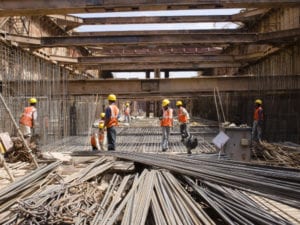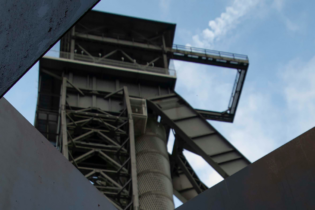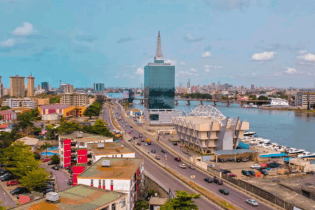The FNB/BER Civil Confidence Index rose for the fourth consecutive quarter to 24 in 1Q2020, from 22 in 4Q2019.
While higher, the current index level still means that the majority (more than seventy-five per cent) of respondents are dissatisfied with prevailing business conditions. “Last quarter we saw confidence improve on the back of higher activity. This quarter, while activity was effectively unchanged, higher profitability lifted sentiment,” noted Siphamandla Mkhwanazi, property economist at FNB. According to Statistics South Africa (Stats SA), the real value of construction works declined by 1.6% year-on-year (y-o-y) in 4Q2019. The 1Q2020 survey results imply a similar decline in activity. Although activity growth in 1Q2020 was more or less stable, the short- to medium-term outlook is upbeat. Fewer firms reported that insufficient demand for new work, a proxy for the state of order books, is a constraint to their business.In Mkhwanazi’s view, “the more upbeat outcome for order books is likely related to increased tender activity specifically around transport. In the national budget more than R308 billion was allocated to transport and logistics related infrastructure through until the 2022/23 fiscal year.
It seems that some 3 of this work is already starting to materialise. Furthermore, construction activity related to renewable energy projects is continuing for now”. The increased tender activity is also reflected in tendering price competition, which eased (i.e. less competitive) in 1Q2020. In conclusion: After rising by 7 points in 4Q2019, the FNB/BER Civil Confidence Index gained a further 2 points to register a level of 24 in 1Q2020. “What we are seeing is a sustained, albeit slow, improvement in construction activity which has gradually lifted sentiment,” said Mkhwanazi. The outlook improved this quarter, but a number of headwinds still exist which could derail any significant recovery. “Of concern is the timing and magnitude of future rounds of the Independent Power Producer programme and, with the exception of transport and logistics, the broadly downbeat outlook for infrastructure investment by the public sector. According to the 2020 budget review, growth in public infrastructure spend is expected to average only 1.9% in nominal terms between 2020/21 and 2022/23,” remarked Mkhwanazi.






